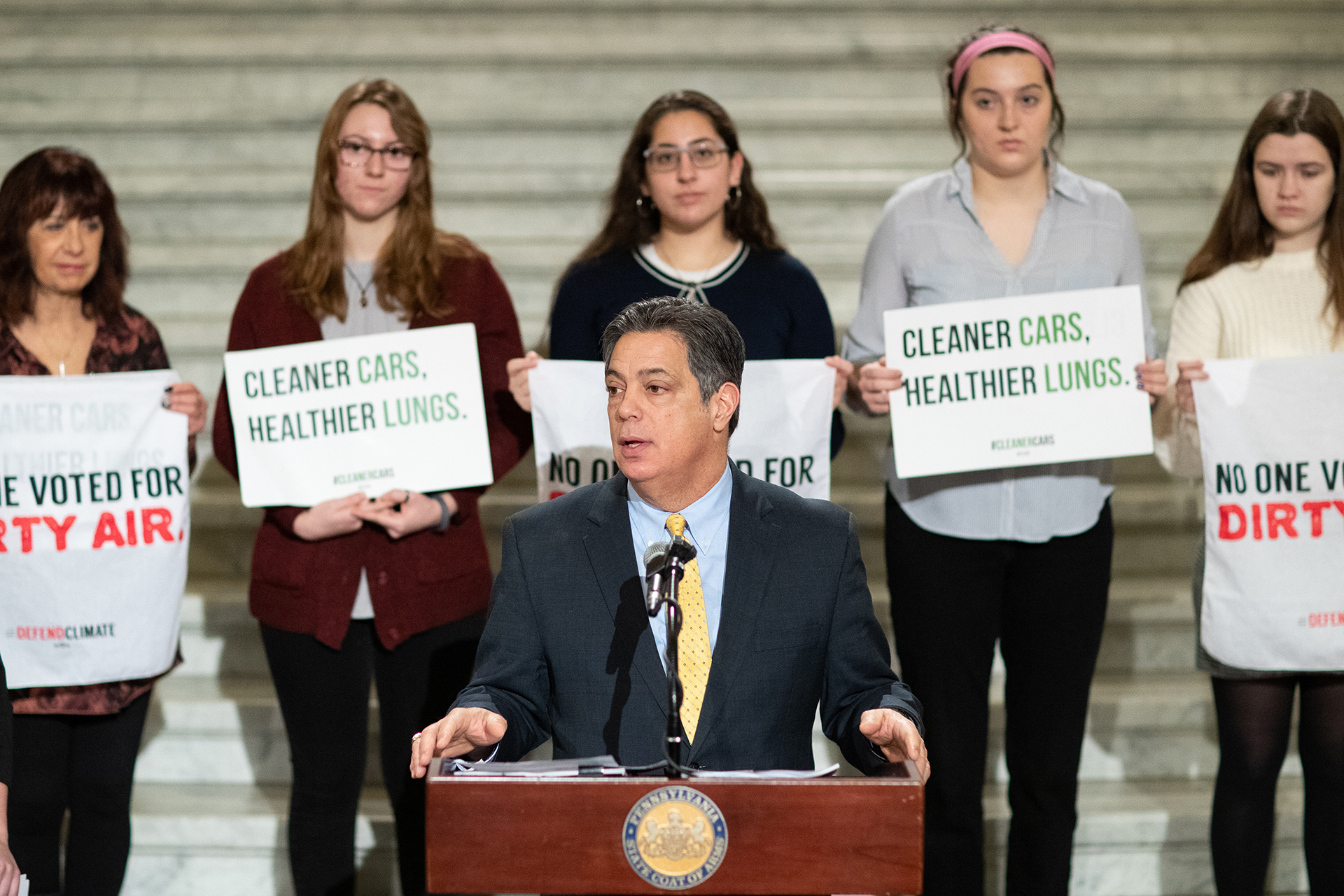
Program Focuses on Bringing Clean-Energy Jobs to Underserved Communities in Allegheny County
by Amanda Waltz
June 2, 2022
As the demand for energy sourced from renewable and other more sustainable sources grows, so does the need for a workforce able to maintain it. A new program will prepare workers for the sector, especially in communities most in need of opportunities.
Pennsylvania Senator Jay Costa recently announced a $500,000 grant to, as a release puts it, “support clean-energy job training for underserved communities in Allegheny County.” The grant will set out to fulfill a variety of goals, including providing access to clean-energy job training and bolstering Pennsylvania’s economic recovery from the COVID-19 pandemic.
“This investment in clean-energy jobs is an investment in long-term careers with good pay,” says Costa. “The grant program provides opportunities in a sector that will continue to grow and allow workers with a variety of skill sets to grow with it. As the industry expands, it will need more fabricators, assemblers, manufacturing workers, construction workers, mechanics, electricians, and installers. We need to ensure individuals have the access and information they need to fully take advantage of clean-energy workforce opportunities, now and into the future.”
The award comes courtesy of the Clean Energy Workforce Development Grant Program launched by Gov. Tom Wolf’s administration. Announced in February, the program invited workforce development boards to submit project proposals that would “support at least 25 local or regional clean-energy businesses.”
The proposed workforce development projects are slated to kick off in July and continue through June 2025.
Secretary Jennifer Berrier of the Pa. Department of Labor & Industry said that the program sets out to “boost Pennsylvania's competitive edge in the clean-energy sector by promoting workforce development.”
"This investment in the clean-energy sector's workforce is an investment in the future of Pennsylvania,” Berrier stated in February. “While its recovery from the COVID-19 pandemic is well underway, this is an industry that the Wolf Administration wants to see thrive over the next decade. We need to be developing a talent pipeline now to make that vision a reality,"
The Wolf administration cited a 2021 Department of Environmental Protection report saying that Pennsylvania lost 13,200 clean-energy jobs between March and December 2020 due to the “COVID-19 economic fallout.” The number represents a 14% decline compared to 2019, a loss for a state that has become a manufacturing hub for wind, hydro turbine, and more energy-efficient ENERGY STAR-certified products.
The clean-energy industry includes the technology behind energy efficiency, clean energy generation, alternative transportation, clean grid and storage, and clean fuels. Clean energy sub-sectors include solar, wind, efficient lighting, hydropower, smart grid, electric vehicles, and biomass fuels.
Before the pandemic, eight in 10 clean-energy employers in Pennsylvania reported “difficulty finding qualified applicants at the end of 2019, citing lack of experience and industry-specific knowledge.” As the state’s clean-energy sector returns and grows, the Wolf administration predicts that it will require “greater numbers” of skilled fabricators, assemblers, and other manufacturing workers, more specifically construction and installation workers such as HVAC mechanics, electricians, and solar photovoltaic installers.
Beyond producing skilled workers, the Clean Energy Workforce Development Grant Program will also work to ensure that everyone gets to participate and benefit from the sector’s recovery. The grant for Allegheny County was awarded to Partner4Work to fund a collaboration between Partner4Work, Pittsburgh Gateway, Omicelo, a real estate investment firm, and PA CareerLink alongside employers, businesses, and additional community partners.
That the program sets out to “create a pipeline for individuals from underserved communities to access training and quality jobs available within the clean-energy sector” is significant to Sen. Costa, who represents District 43. The district encompasses communities like Wilkinsburg, Munhall, and the Mon Valley, all of which have experienced economic decline over the last several decades, especially due to the loss of steel-production jobs.
The DEP report indicated that clean-energy workers are “more likely to receive healthcare and retirement benefits compared to national private-sector averages,” and that jobs in the sector are more open to those with minimal training and “lower formal educational requirements than a four-year degree.”

Leave A Comment